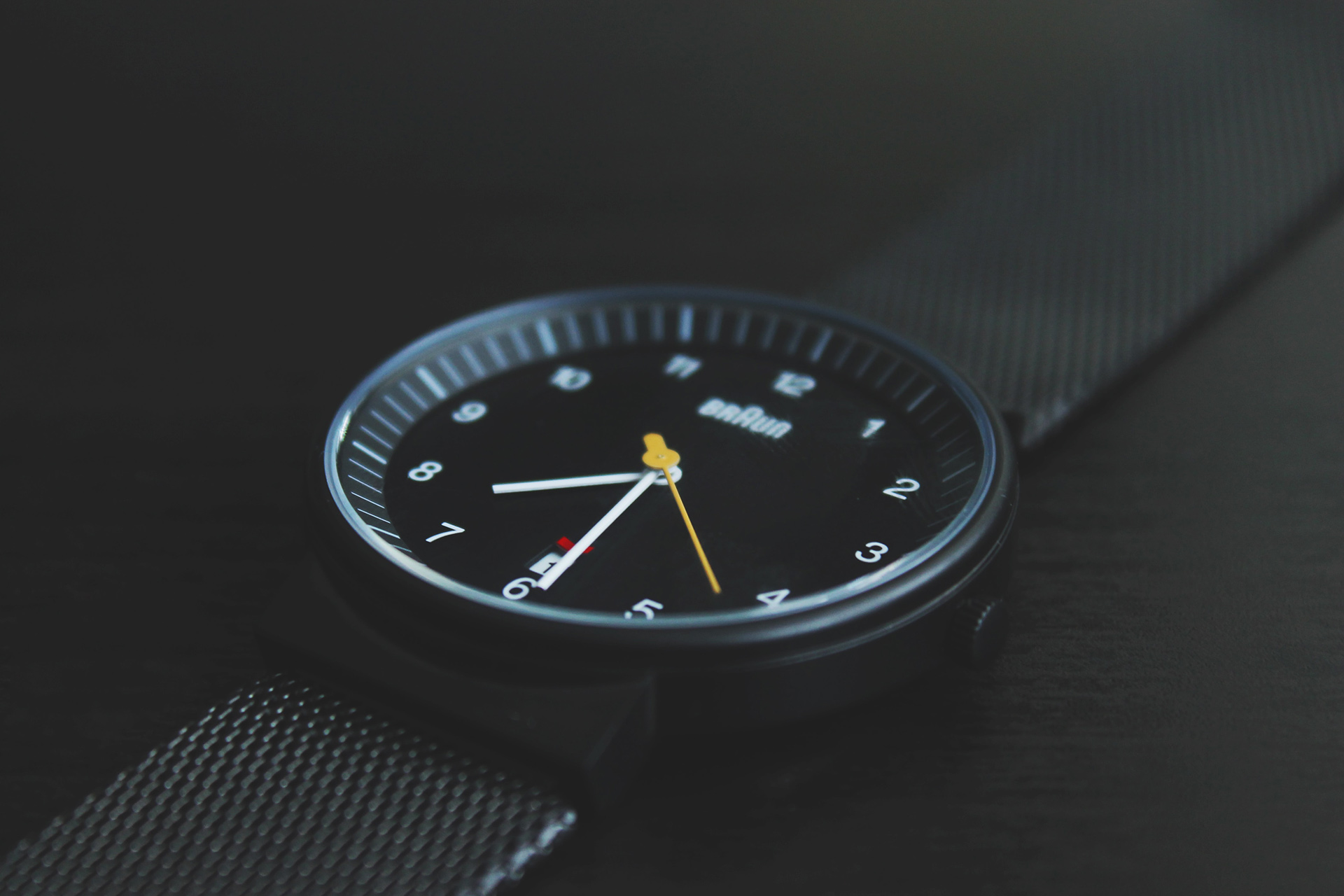The moment you take CBD, you might feel an immediate sense of balance. But so much of what this supplement has to offer comes later – once it’s in the body and the cannabinoids (molecules derived from the cannabis plant) have had a chance to accumulate and increase your own, internally produced endocannabinoid levels.
Because of this, taking CBD regularly and consistently is essential for seeing the best results. Sporadic dosing simply doesn’t give your endocannabinoid system (our in-built system dedicated to restoring and maintaining equilibrium) a chance to restore equilibrium, with the extremely helpful support of CBD oil. But, once you’ve taken a dose, how long does CBD stay in your system? And will you feel the effects the whole time it’s there? Having this information will help you figure out how often to take your CBD.
How long does CBD stay in your system?
According to a systematic review of CBD in humans, the length of time CBD stays in your system can be anywhere between 1.5 hours and 5 days, so it’s not really possible to give an exact answer to this question.
There’s a lot at play, with the metabolism and elimination of CBD varying on several factors including:
- The form of CBD product used (ie. sublingual oil, vape, capsules, etc)
- ‘Elimination Half Life’: the period of time CBD is active in the body
- The way your body metabolizes the cannabinoids present in your chosen CBD product.
- The food you eat or already have in your body
While there’s no way of saying precisely when all the CBD will have left your system, we can explore some of the things that affect this to give a rough guide.
How long does CBD work in the body?
The stretch CBD that stays active in your body is referred to as ‘Elimination Half Life’. This is the period CBD oil is actually working away, although you won’t necessarily feel the effects throughout. Once it reaches elimination half-life, cannabinoid levels start to taper off.
The elimination half-life is different for each type of CBD product. Here’s a guide for some common CBD products:
- CBD Vape: Vapes have the fastest onset, taking effect almost instantly, as this allows cannabinoids to travel very quickly, particularly to the brain. They also have a fairly short active life (elimination half-life), of between 1 and 2 hours.
- CBD Oil: CBD oil needs to be dropped under the tongue and absorbed through the sublingual gland. This results in a slightly slower onset than a vape, but still starts working in around 10 minutes. The spread of cannabinoids tends to be fairly even around the body and remains active for a similar length of time to vapes, between 1 and 2 hours.
- CBD Capsules and Edibles: Ingesting a CBD product provides a gradual build-up, with a much softer onset than vapes or oils. This is because anything you eat needs to be metabolized and digested before it starts making its way around the receptors in your body. Depending on your metabolism, this could take between 30 minutes to 2 hours to take effect, but once it’s in, CBD edibles have an active life of around 3 hours.
Other, less common methods of taking CBD have a longer half-life. Examples of these include oromucosal spray (like the one cannabis medication Sativex is delivered in) which has a half-life of up to 11 hours; 24 hours for CBD i.v. infusion and 31 hours after smoking.
Take CBD consistently and regularly for best results
Does CBD accumulate in your system? Yes, it does. Accumulating cannabinoids in your body is a big part of what makes CBD effective, so having a long elimination half-life is a good thing. The elimination half-life of CBD in chronic oral administration (every day for 6 weeks or more) is considerably higher than all examples given above, at between 2 and 5 days.
What Is Bioavailability?
While looking at the question ‘how long does CBD stay in your system’, we should also learn about how much gets into the body in the first place.
Bioavailability is the amount of a substance that enters the bloodstream when introduced into the body. In this case, we’re looking at CBD oil, but this also applies to all pharmaceutical (and recreational) drugs.
You’ll have noticed that CBD products come in different strengths, listed in ‘mg’ on the label. While this amount of cannabinoid content will be true for what’s in the bottle/vape/capsule it’s not actually the amount that will be active in your body, as a considerable amount is always lost during absorption or digestion (depending on how you take it). Bioavailability varies for each CBD product, as does how long it takes for CBD to take effect and how long CBD stays in your system.
Vape Pens (and other routes of inhalation) offer the highest bioavailability of all methods, reaching as high as 56%. Cbd Oil has the second-highest bioavailability for around 35%. Cbd Capsules/edibles/drinks are the lowest, at between 13-19%, however, some experts believe cannabinoids that go through the digestive process are more effective once they get going as they can bind with a glucuronide compound, making them more water-soluble and giving them the ability to diffuse across the blood-brain barrier with greater ease and travel faster throughout the body.
Ultimately, the choice is yours! There are benefits to each form of CBD product and it all comes down to personal preference: go with whatever makes you feel great!



